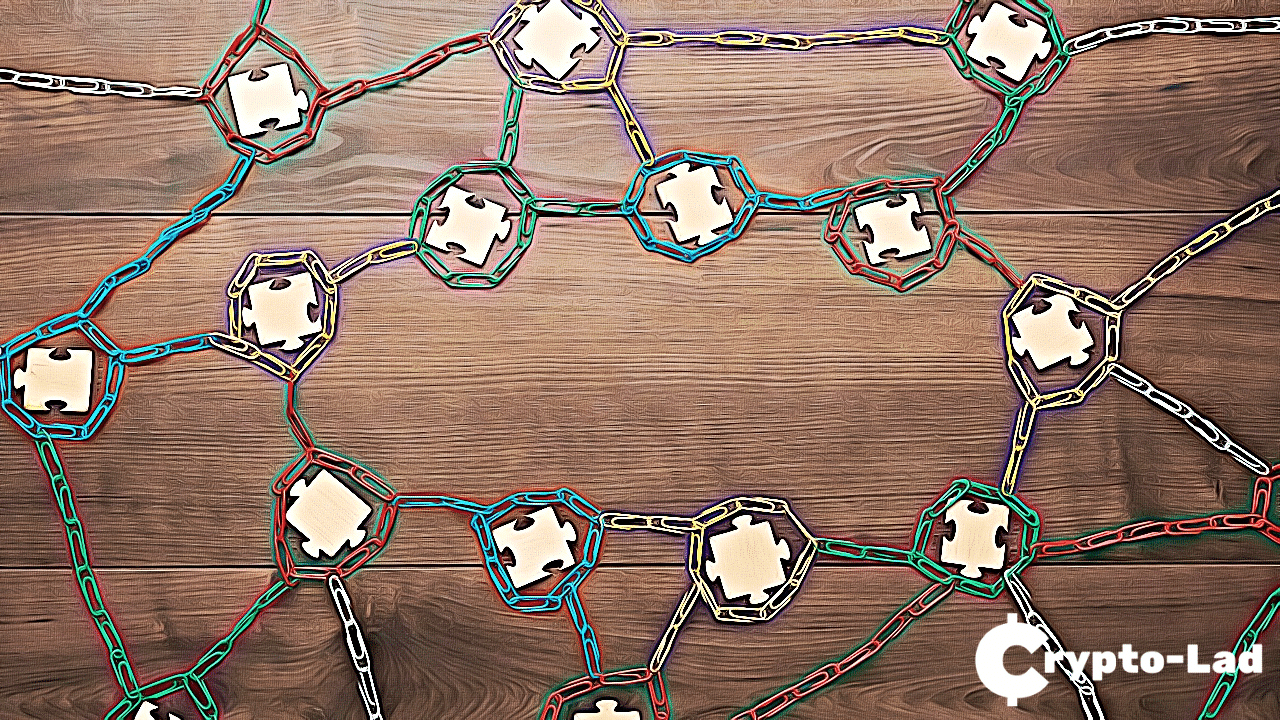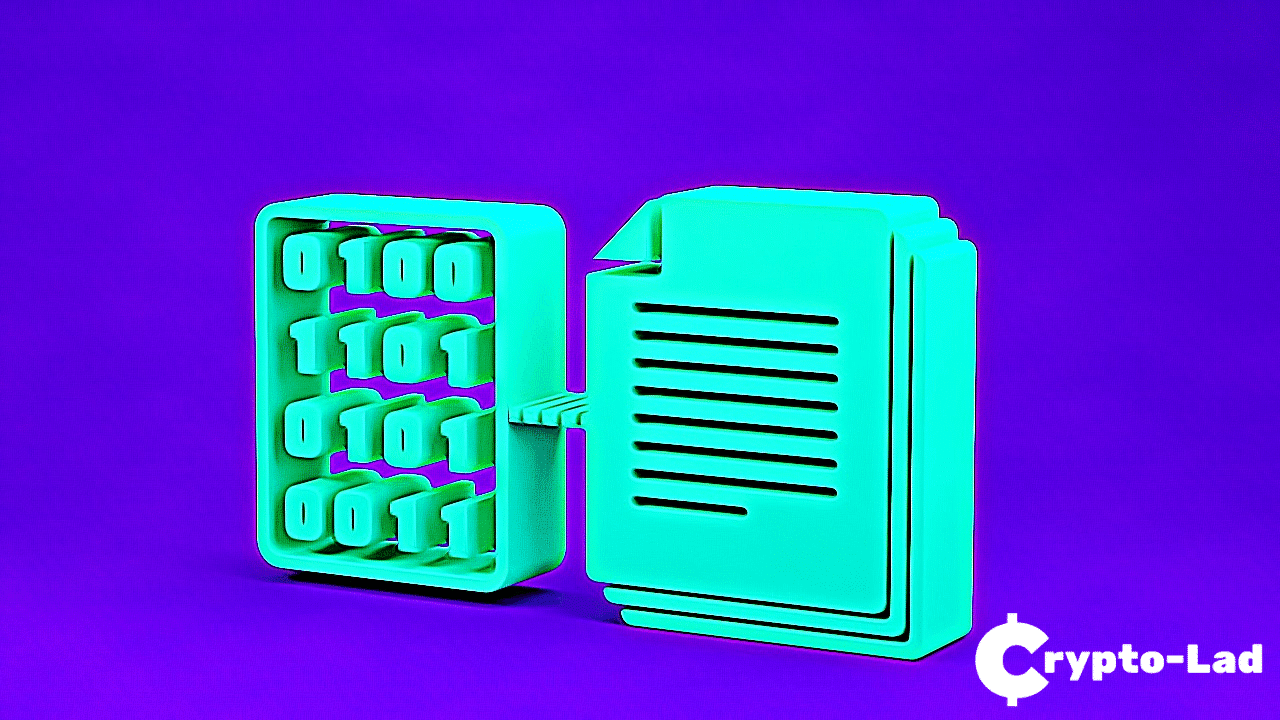What is a DAO?

Blockchains have been transforming our financial systems over the last couple of years. Besides the immutability and trustlessness, there is a new entity; DAO, which will revolutionize the industry. The idea of DAO as a management model has been circulating in the cryptocurrency world since Bitcoin found a way to get rid of intermediaries in financial transactions.
Similarly, a DAO represents an idea where an organization or company can run and fully function without the need for a hierarchical management system and central entity. Blockchain can, in fact, enable these entirely new types of organizations that can run autonomously. With that in mind, let’s take a look at what DAO is and how it works.
What is a DAO?
DAO is an acronym that stands for Decentralized Autonomous Organization. DAO is essentially an organization governed by pre-set codes, programs and coordinated through a distributed consensus protocol. Therefore, DAO can operate autonomously without the need for a central authority.
How Does a DAO Work?

DAO’s use smart contracts that enable them to use external information then execute commands based on them without the need for any human intervention. To be fully operational, a DAO needs a set of rules. The rules are encoded on a smart contract, a computer program that exists on the internet autonomously but requires people to perform tasks that it can’t do by itself.
DAO enters the funding phase once the rules have been established through smart contracts. This is an essential part as the DAO needs to have internal property tokens that the organization can spend and use to reward for activities. What’s more, by investing in a DAO, you get voting rights; therefore, you can influence how the DAO operates.
As soon as the funding phase is complete, a DAO gets deployed and becomes fully autonomous. Therefore, it now becomes completely independent of its creators and anyone else in the organization. DAO’s are, however, open-source. That means anyone can view their code, and all rules and financial transactions are recorded on the blockchain. Therefore, the DAO becomes immutable, fully transparent, and incorruptible.
When a DAO becomes fully operational, decisions regarding how to spend its funds can only be made through consensus. Now, everyone who bought stakes in the DAO can make proposals regarding the future of the organization. And to protect the network from being spammed with submissions, you will need to make a monetary deposit.
Stakeholders will then vote on the submitted proposals. For any action to be performed, the majority need to agree. A DAO can specify in its code the percentage required to reach the majority.
A DAO makes it easier for people to exchange its funds with virtually anyone in the world. That could be in the event of money raising, charitable event, investment, borrowing, among other monetary needs without the need for an intermediary.
In Summary
As we have seen from this article, with a DAO, organizations can break free from the traditional institutional organizations. Instead of relying on a central entity, the governance rules are now automated and steered towards outcomes that are most beneficial for the network.
However, there is always a significant problem with DAOs. Even if there is a security breach in the initial code, the majority must vote for the code to be corrected. Therefore, hackers could exploit the bug in the code while voting takes place.